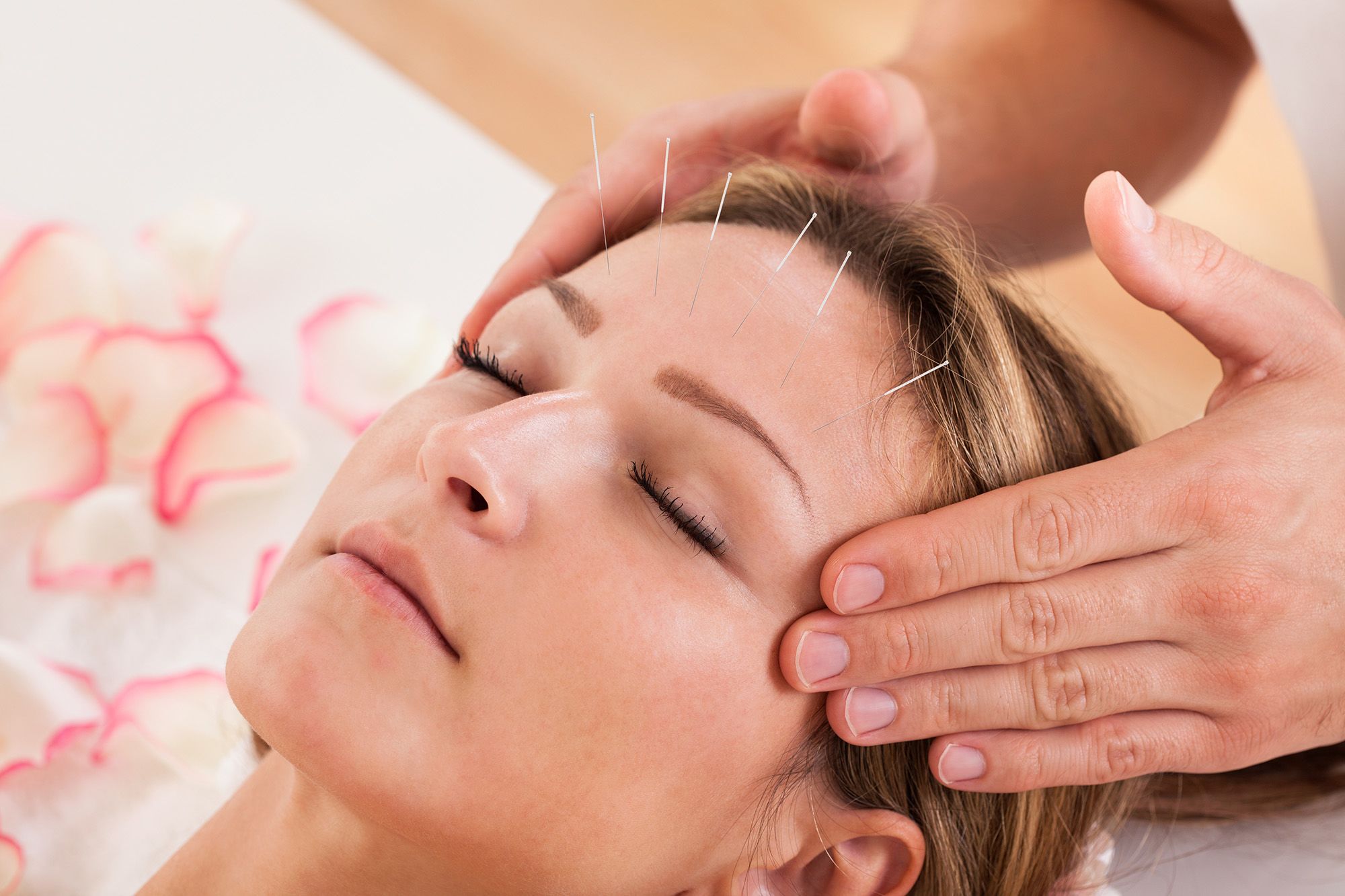
Image Source: Google
Headaches are a common ailment that can be caused by a variety of factors such as stress, poor posture, dehydration, or underlying health conditions. While painkillers may offer temporary relief, a growing number of people are turning to alternative therapies like acupuncture for a more holistic approach to managing and preventing headaches. If you need more information about acupuncture for headache, you may visit Marlborough House.
Acupuncture, an ancient Chinese practice that involves inserting thin needles into specific points on the body, has been shown to be effective in treating headaches by promoting relaxation, improving circulation, and restoring the body's natural balance.
The Science Behind Acupuncture
Acupuncture is based on the concept of Qi (pronounced "chee"), which is believed to be the vital energy that flows through the body along pathways known as meridians. When these meridians become blocked or imbalanced, it can result in pain and illness. By inserting needles into specific points along the meridians, an acupuncturist can help restore the flow of Qi and promote healing.
How Acupuncture Helps with Headache Relief
When it comes to headaches, acupuncture can target specific points on the body that are believed to be connected to the head and neck region. By stimulating these points, acupuncture can help:
- Relieve muscle tension
- Reduce inflammation
- Improve blood flow to the brain
- Promote the release of endorphins, the body's natural painkillers
- Balance the body's energy flow
What to Expect During an Acupuncture Session
If you're considering acupuncture for headache relief, here's what you can expect during a typical session:
Consultation
During your first visit, the acupuncturist will conduct a thorough assessment of your health history, lifestyle, and headache symptoms. This information will help them determine the best course of treatment for you.
Treatment
Once the acupuncturist has identified the specific points to target, they will insert thin needles into your skin. You may feel a slight tingling sensation or a dull ache as the needles are inserted, but most people find the process to be painless and relaxing.
Aftercare
After the needles have been in place for about 20-30 minutes, the acupuncturist will remove them and provide you with recommendations for aftercare, such as staying hydrated, getting plenty of rest, and avoiding caffeine and alcohol.
Benefits of Acupuncture for Headache Relief
In addition to providing relief from headaches, acupuncture offers a range of benefits for overall health and wellness:
- Drug-free and non-invasive treatment option
- Minimal side effects
- Can be used in conjunction with other therapies
- Promotes relaxation and reduces stress
- Improves sleep quality
- Boosts mood and mental clarity
Is Acupuncture Right for You?
Acupuncture is generally safe and well-tolerated by most people, but it may not be suitable for everyone. You should talk to your healthcare provider before trying acupuncture if you:
- Are pregnant
- Have a bleeding disorder or are taking blood thinners
- Have a pacemaker or other electronic device
- Have a fear of needles
It's important to choose a licensed and experienced acupuncturist to ensure you receive safe and effective treatment. With the right practitioner, acupuncture can be a powerful tool for managing headaches and enhancing your overall well-being.
